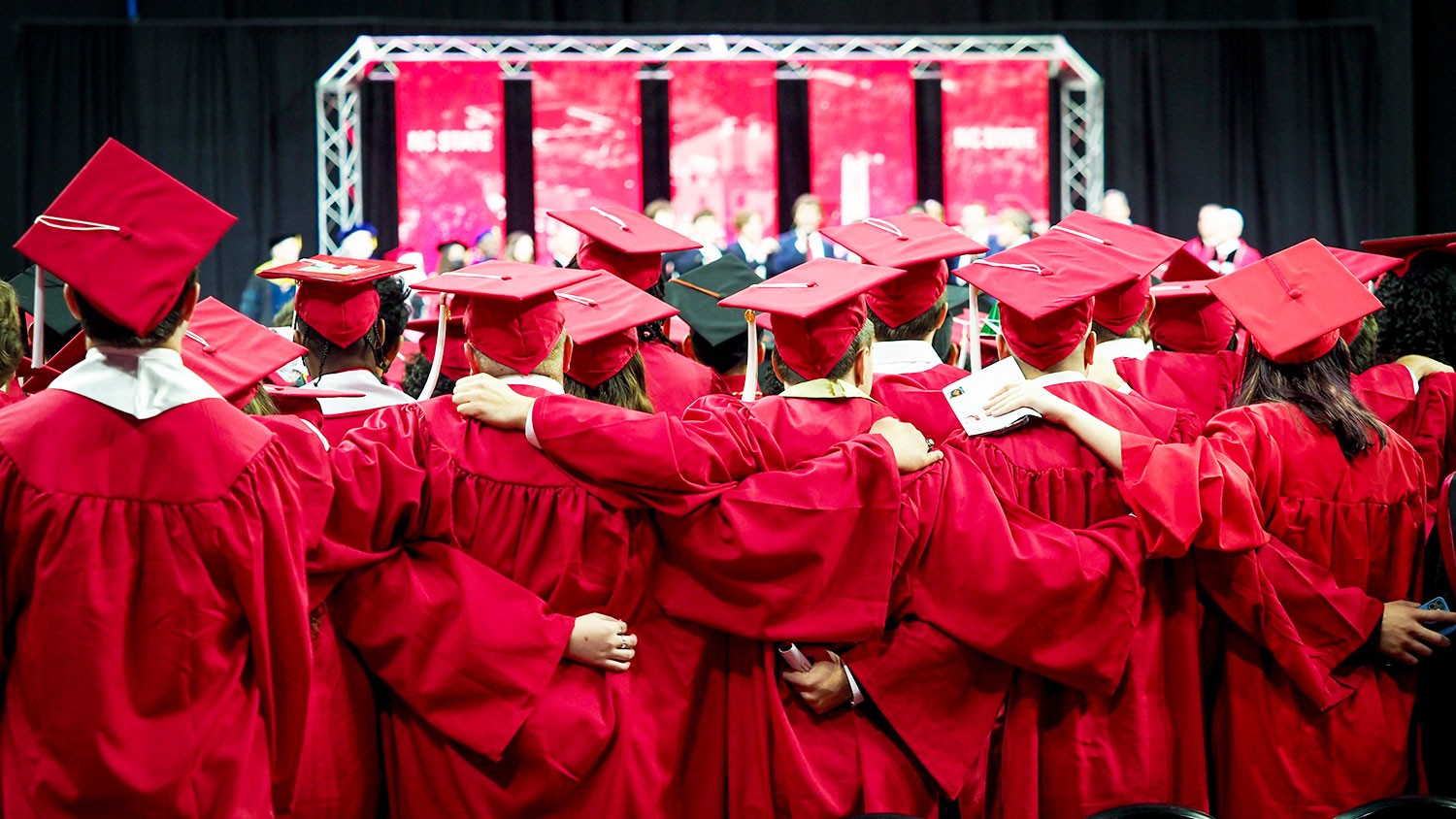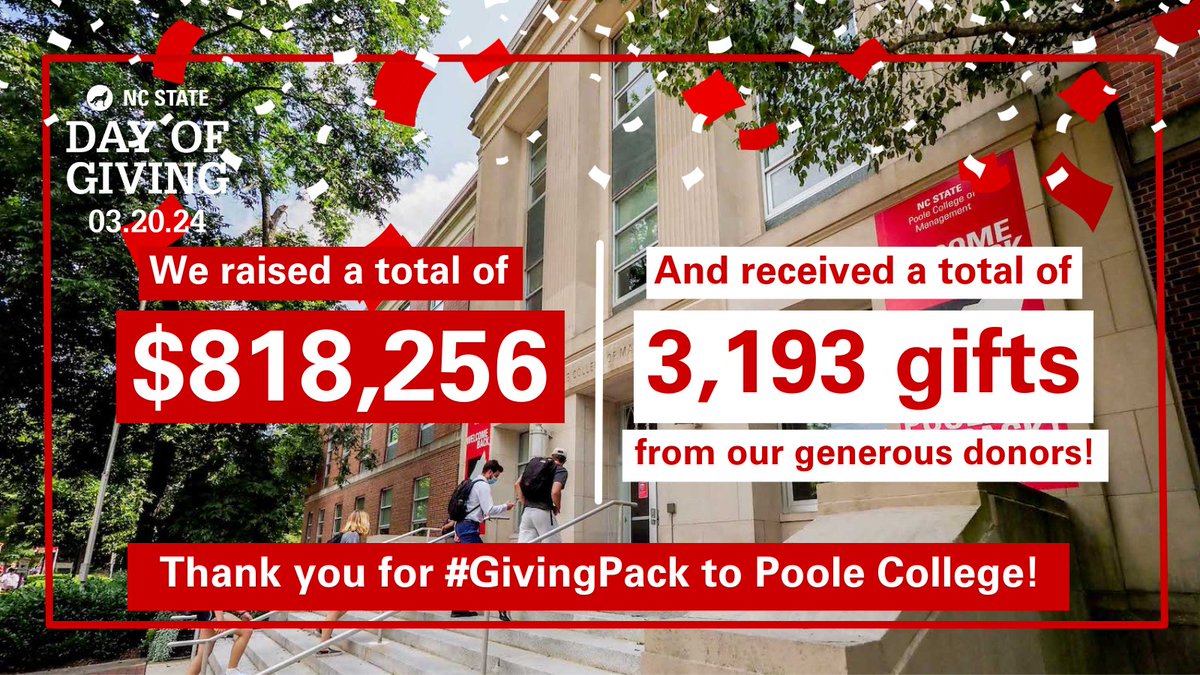Ice Cream Business Wins Top Prize at Startup Madness
First place in the 2013 Startup Madness collegiate entrepreneurship competition went to Chuck Woodard, a University of Miami junior in business management who has opened his first Chill-N Nitrogen Ice Cream shop in Pinecrest, Fla., and has plans to open a second one later this year.
The competition – at which individual students or teams presented their startup products or working prototypes – was held on March 27, 2013, at North Carolina State University’s new James B. Hunt Library. The field of 22 teams from 14 universities in the Atlantic Coast Conference – or joining soon – presented to a panel of judges, who selected the Elite Eight. Those teams then gave condensed presentations and the judges selected the Final Four plus two honorable mentions. The competition was sponsored by NC State’s Poole College of Management, with the Final Four winners sponsored by The Research Triangle Park.
The name of Woodard’s business name pretty much explains a key ingredient that he uses to produce his super creamy frozen treat – liquid nitrogen. His focus on the customer’s experience while buying the ice cream is another differentiator for his startup.
“I didn’t know what to expect coming into this,” Woodard said of the competition, the first he has ever entered. “I do believe in my product and felt I would give my best shot, telling my story – that I think my product has great potential for success.”
His first place prize is a trip to Silicon Valley, where he will have lunch with representatives at Facebook and at Kleiner Perkins Caufield & Byers, a global Silicon Valley-based venture capital firm.
Woodard’s was the second win for a University of Miami team in the Raleigh-Durham based event: Mark Slaughter won the 2012 Startup Madness with his business, Coheolo.
Second place this year went to Mark Delgato, a senior in the nuclear engineering program at NC State University’s College of Engineering. Delgato’s company, Koyr, is based on the wireless radiation detector – the Koyr Geiger – that he developed. Built on a mobile platform, it can be used with a smartphone or as part of a larger radiation monitoring network in nuclear energy and medical facilities to provide real-time monitoring and reporting of radiation safety data. Delgato’s prize is a package of consulting services from Method Savvy.
Third place went to Eric Rosenberg, an undergraduate student at the University of Maryland, for his business, 512 Technology. The mobile monitoring system for buses not only tracks where the buses are along their routes but also provides rider usage and other data. He will receive venture consulting services from Idea Fund Partners and Bruntly.
Fourth place went to Caitlin Crommet, an undergraduate student at Notre Dame University, for Dreamcatchers, a volunteer organization that she created to help terminally ill patients fulfill a dream. She will receive venture consulting from Southern Capital Ventures.
Two honorable mention awards were also presented.
- A team of students in NC State Poole College’s Jenkins MBA program were recognized for their business, PlasmaGro, based on the sustainable, onsite and on-demand production of nitrogen fertilizer for use in commercial agriculture. Team members are Kellet Atkinson, Wahyudi Gunawan, Eko Prasetaiwan, and Ramin Shahriari, all in the Jenkins MBA program’s entrepreneurship and technology commercialization concentration.
- Winston Howes, an undergraduate computer science student at the University of North Carolina at Chapel Hill, was recognized for his business, GoPhish, based on anti-phishing software that he developed to help prevent lost of personal information through misleading websites and email messages.
The honorable mention teams received membership in HUB Raleigh and an office in the American Underground in the American Tobacco District of Durham, N.C. The top six teams also received gifts from Facebook and Republic Wireless. All teams are receiving project management software from AgileZen.
Two additional teams made it into the Elite Eight:
- Michelle Crawford, with her online clothing company, ERISTA. She is from Florida State University
- Lee Lowden, with his company, BuyBack Boss. He is from Wake Forest University.
This is the third year for this competition, which was established by Scott Kelly, an entrepreneur in the Durham, N.C., area who launched Startup Madness out of a desire “to promote students who take action on their ideas,” he said.
“I appreciate the support of Poole College and RTP, and all our sponsors,” Kelly said. The full list of sponsors and all the teams that competed this year are on the Startup Madness website.
Startup Madness follows the ACC-style basketball tournaments format, with the collegiate entrepreneurs organized into brackets according to the type of startup: web products, other technology, physical products, and food and agriculture.
The teams were judged on the balance of their quality in three areas: their management team, technology, and opportunity space, said Dr. David Townsend, visiting professor of entrepreneurship at NC State’s Poole College of Management and one of the judges. This kind of assessment of startups is a topic that he has been researching with his colleagues; they have a research paper under review at an academic journal.
“You can have a fantastic management team and okay technology,” Townsend said, “but if the market potential is small, well, that’s when the team would be wise to get a little help from experienced entrepreneurs,” he said.
“Collegiate entrepreneurship competitions like Startup Madness expose students to people in the community, making it easier for them to recruit mentors,” Townsend said. That’s one of the value points for participating in these competitions, he said.
Photo
Left to right: Chuck Woodard, Mark Delgato, Eric Rosenberg and Caitlin Crommet, the Final Four in the 2013 Startup Madness entrepreneurship competition.


